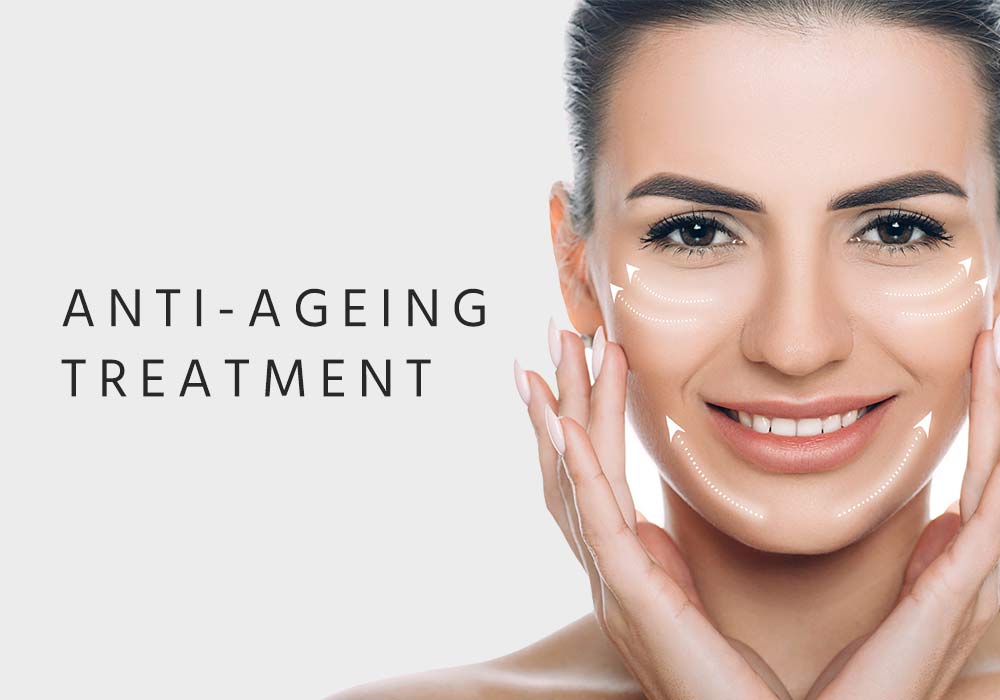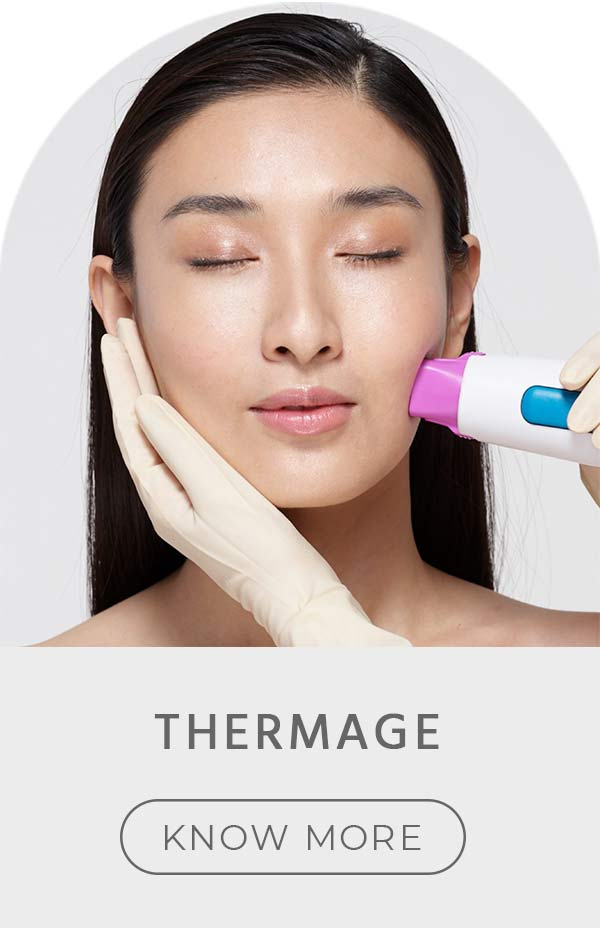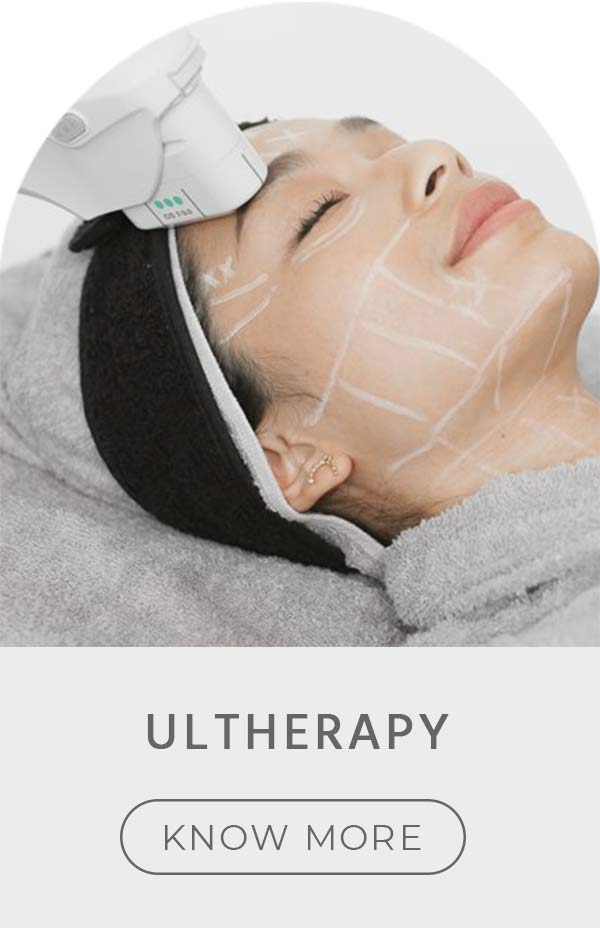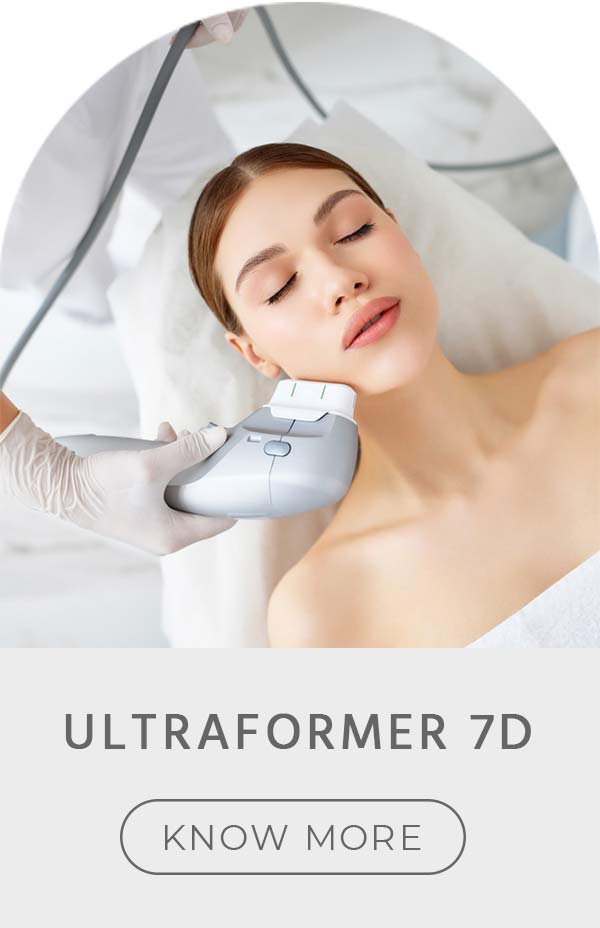Anti-Ageing Treatments
Anti-Aging Treatment: Comprehensive Guide
1. Topical Anti-Aging Treatments
- Retinoids (Vitamin A derivatives): Promote cell turnover and collagen production (e.g., tretinoin, adapalene).
- Antioxidants: Protect skin from free radicals and improve skin texture (e.g., Vitamin C, Vitamin E, niacinamide).
- Moisturizers: Hydrate and plump the skin, reducing the appearance of fine lines (e.g., hyaluronic acid, glycerin).
- Peptides: Stimulate collagen production and improve skin elasticity.
- Sunscreen: Protects against UV damage, a major cause of skin aging. Use broad-spectrum SPF 30 or higher.
2. In-Office Procedures
- Chemical Peels: Exfoliate the top layer of skin to reveal fresher, smoother skin.
- Microdermabrasion: Gently sands the skin to remove the outer layer of dead skin cells.
- Laser Resurfacing: Uses laser energy to remove damaged skin layers and stimulate collagen production (e.g., Fraxel, CO2 lasers).
- Microneedling: Creates micro-injuries to stimulate collagen and elastin production.
- Dermal Fillers: Injectables that restore volume and smooth out wrinkles (e.g., hyaluronic acid fillers, calcium hydroxylapatite).
- Botox: Temporarily relaxes muscles that cause dynamic wrinkles (e.g., forehead lines, crow's feet).
3. Minimally Invasive Treatments
- Radiofrequency (RF) Therapy: Uses RF energy to heat the skin and stimulate collagen production (e.g., Thermage, Endymed Intensif).
- Ultrasound Therapy: Uses ultrasound waves to penetrate deep into the skin and promote collagen production (e.g., Ultherapy).
- Light Therapy: Uses specific wavelengths of light to improve skin texture and reduce pigmentation (e.g., IPL, LED therapy).
4. Lifestyle Changes
- Healthy Diet: Rich in antioxidants, vitamins, and minerals to support skin health. Include fruits, vegetables, whole grains, lean proteins, and healthy fats.
- Hydration: Drink plenty of water to maintain skin hydration.
- Sleep: Aim for 7-9 hours of quality sleep per night to allow the skin to repair and regenerate.
- Exercise: Regular physical activity promotes circulation and overall skin health.
- Stress Management: Practice stress-reducing activities like yoga, meditation, or deep breathing exercises.
5. Supplements
- Collagen Supplements: May help improve skin elasticity and hydration.
- Omega-3 Fatty Acids: Found in fish oil, these support skin health and reduce inflammation.
- Vitamin C and E: Protect against oxidative stress and support skin repair.
6. Avoiding Harmful Habits
- Smoking: Accelerates skin aging and reduces blood flow to the skin.
- Excessive Alcohol: Dehydrates the skin and can cause inflammation and damage.
- Sun Exposure: Avoid excessive sun exposure and use protective clothing and sunscreen.
7. Professional Guidance
- Dermatologist Consultation: Regular visits to a dermatologist can help you create a personalized anti-aging plan and address specific concerns.
- Customized Skincare Regimen: A skincare professional can help tailor products and treatments to your skin type and needs.
8. Consistency and Patience
- Regular Routine: Consistency is key in any anti-aging regimen. Follow your skincare routine diligently.
- Patience: Results from anti-aging treatments can take time. Be patient and give treatments time to show their full effects.
By combining these treatments and practices, you can effectively manage and reduce the signs of aging, maintaining healthier and more youthful-looking skin.








